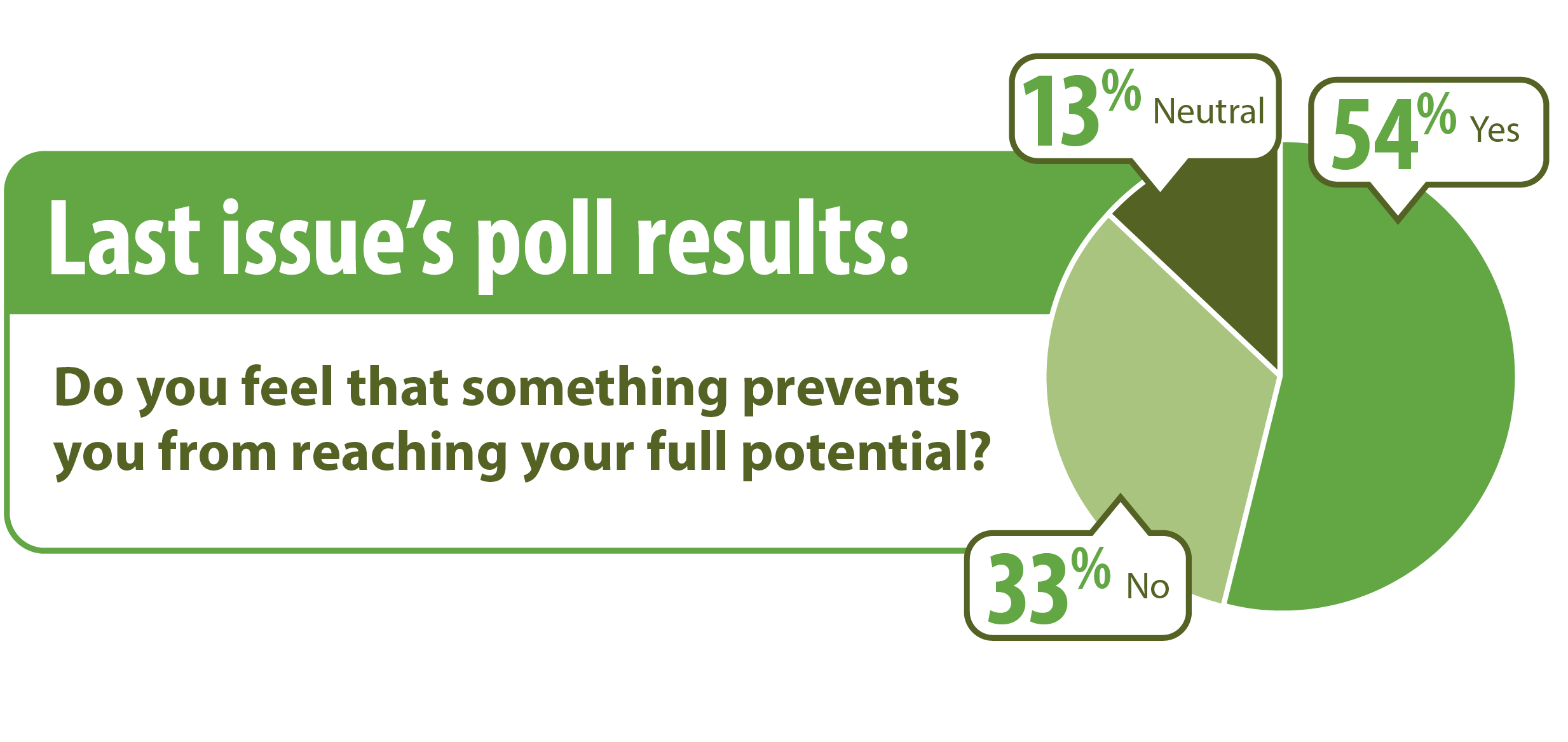
Vickie Mears, LCSW, an Advocate for Healing after Loss
Supporting the bereaved is one of the essential services of a hospice and Crossroads is fortunate to have many incredible bereavement coordinators, all with certificates from the highly-regarded Grief Recovery Institute, whose “focus and expertise is in helping people recover from loss, a normal and natural process that everyone experiences in their lives.”
With 20 years of service at Crossroads in Kansas City, Bereavement Coordinator Vickie Mears, LCSW, is known for her professionalism and her compassion. She is generous with her expertise in end-of-life care and respected by both her leaders and peers. “People who know me, know my passion,” Vickie said. “I am always learning and adding to my repertoire.”
 Vickie Mears LCSW, Bereavement Coordinator,
Vickie Mears LCSW, Bereavement Coordinator,
Crossroads in Kansas City
Vickie said there is no one single definition of loss. Individuals experience loss differently and there’s no set timeline for recovering from loss. Bereavement coordinators “lend people hope until they can manufacture their own again.”
Understanding a person’s values and how one’s identity is changed and challenged through loss, and the attachment (emotional bonding) system is the lens Vickie uses as she counsels those who have suffered a loss.
Not everyone “ages out of grief in one year,” Vickie said in reference to a hospice’s charge to support bereaved family members for one year after the loss of a loved one. A posture of “protest” for the first year can be prevailing but is often the first step toward healing; a natural response rooted in love.
“Our society isn’t great at supporting loss,” Vickie confirmed. Sometimes it takes a year just to recognize that one might benefit from support.
In addition to her many years specializing in bereavement, Vickie subscribes to evidence-based approaches and what science reveals about healing after loss.
She carries her passion for the topic beyond Crossroads as President of the Grief Support Network, a Kansas City-area professional networking and educational group for people working with the bereaved.
Keep Learning to Stay Successful
Vickie attributes her success as a bereavement coordinator to her passion for learning and her commitment to being a “lifelong learner.” She has a thirst for knowledge and a drive to apply it to her work at Crossroads. “The bereaved can greatly benefit in their journey of coping with loss even with just the fundamental aspects of grief; yet there is so much more that we can share with those who are ready. It is a meaningful role to be in.”
But Vickie also has a personal connection to the field and her own story of loss, having lost her mother at age 10 and her father as a young adult. In reflection, she sees how she would have benefited from professional support as she faced her own healing journey. She brings that life-changing experience to her work at Crossroads.
The one thing she’d like her team members to know about counseling the bereaved is that she recommends a trauma-informed approach. “Especially after COVID, there’s a higher frequency of trauma.” There’s a greater need to learn “calming and emotion regulation” techniques and how life before a loss impacts life after a loss.
Vickie began professional life as a physical therapist assistant and then worked for many years in occupational medicine delivery and administration before returning to school at age 40 to obtain a graduate degree in social work. She described her academic program as antiquated, related to evidence-based grief models. That’s because Vickie is at the top of her field subscribing to the most advanced and most contemporary approaches to aiding the bereaved as they heal from loss.






Ideas, Comments, Questions?
Please provide us with your feedback using this form.